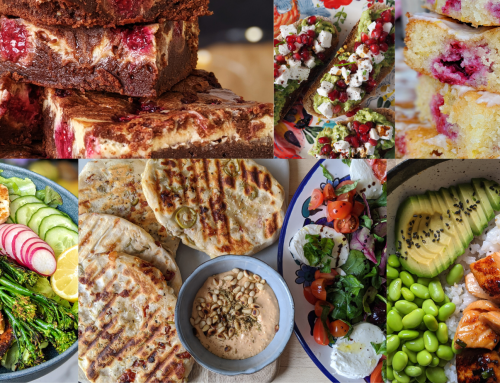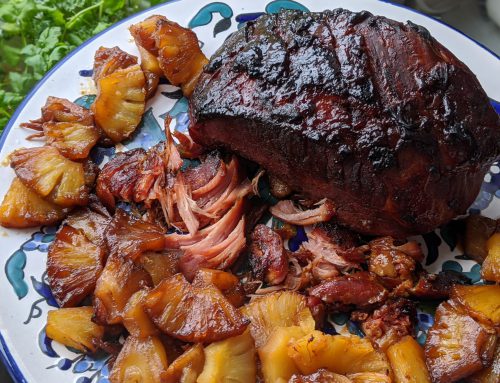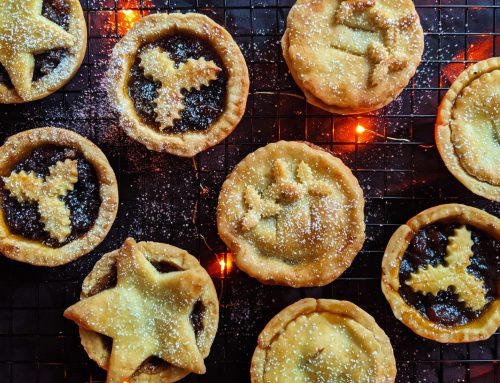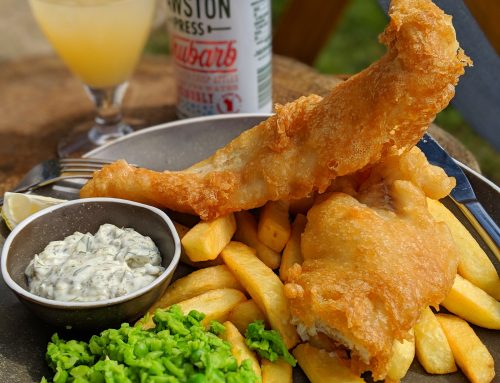Coeliac disease is an autoimmune condition. Sufferers must follow a strictly gluten-free diet (no wheat, barley, rye or oats*) or they become ill. Essentially, when a coeliac sufferer eats gluten, the body attacks the gluten and causes damage to the small intestine in the process. This causes all sorts of not-so-fun short-term pain (stomach cramps, nausea, vomiting, extreme fatigue) but on top of that there are particularly serious long-term effects linked to the condition (bowel cancer, infertility, osteoporosis, anaemia).
That’s it in a nutshell, but a full, much more scientific and helpful explanation can be found here.
Diagnosis involves visiting your doctor for blood tests and then an endoscopy in hospital – not the most fun but not unbearable, and then you FINALLY get a concrete diagnosis for that mystery ailment. I was really very unwell when I was finally diagnosed, as my body was starting to shut down from extreme anaemia, weight-loss and malnutrition, but it’s amazing how radically your life changes pre- and post-diagnosis, and how much coeliacs benefit from a proper gluten-free diet.
I am sure you can now understand why us coeliacs really have no choice but to be gluten-free!

*well…oats are complicated. Most oats need to be avoided to, due to manufacturing methods and cross-contamination with wheat, but special gluten-free oats are okay for most coeliacs.





